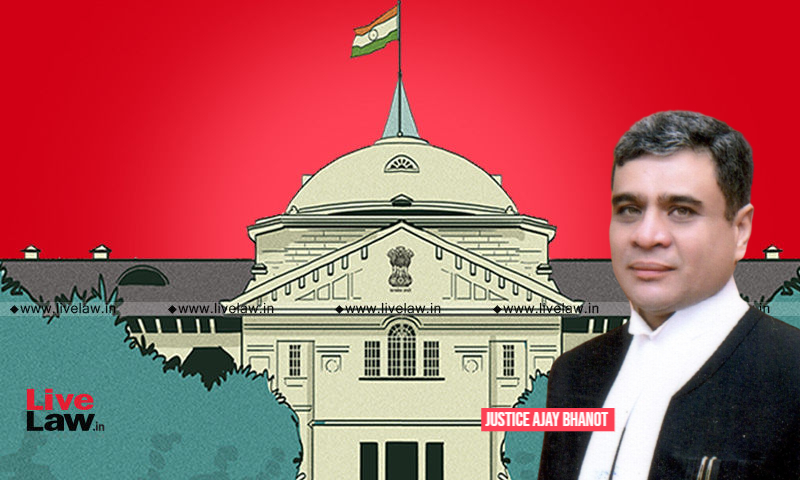Social Media Sharing of Intimate Images: Allahabad HC Highlights Devastating Impact and Denies Bail

In a stark warning about the escalating impact of digital technology on crime, the Allahabad High Court recently refused bail to a man accused of sharing indecent photographs of a woman via WhatsApp. The court’s decision underscores the devastating consequences of circulating intimate images on social media and the urgent need for stricter legal measures to protect victims.
The case highlights a growing concern across India and globally: the ease with which intimate images can be shared online, often without the consent of the individuals depicted. This can lead to severe emotional distress, reputational damage, and even threats to personal safety. The High Court's ruling emphasizes that such actions are not merely a matter of privacy violation but can be profoundly life-altering for the victims.
The Court's Reasoning: A Call for Accountability
Justice emphasized that the rapid proliferation of these images through platforms like WhatsApp amplifies the harm inflicted. The court stated that the seemingly simple act of sharing such content can have far-reaching and irreversible consequences, effectively destroying lives. This perspective goes beyond the traditional understanding of defamation and recognizes the unique trauma associated with the non-consensual distribution of intimate visuals.
The refusal of bail sends a clear message that the court takes these offenses extremely seriously. It signals a commitment to holding perpetrators accountable for the emotional and psychological damage they inflict through the misuse of social media.
The Broader Context: Digital Crime and Victim Protection
This case is part of a larger trend of increasing awareness and legal action related to digital crimes. With the widespread adoption of smartphones and social media, instances of cyberbullying, online harassment, and the unauthorized sharing of personal information have risen dramatically. Law enforcement agencies are struggling to keep pace with the evolving landscape of digital crime, and legislation is often lagging behind technological advancements.
Several steps are being taken to address this issue, including:
- Increased awareness campaigns: Educating the public about the dangers of sharing intimate images and the legal consequences of doing so.
- Stronger legislation: Introducing and enforcing laws that specifically address the non-consensual sharing of intimate images, with harsher penalties for offenders.
- Improved reporting mechanisms: Making it easier for victims to report incidents of online harassment and image sharing to the authorities.
- Social media platform accountability: Holding social media platforms responsible for removing illegal content and preventing the further spread of harmful material.
Looking Ahead: Protecting Privacy in the Digital Age
The Allahabad High Court's decision serves as a crucial reminder of the power and potential harm associated with digital technology. It reinforces the need for a collective effort – involving lawmakers, law enforcement, social media platforms, and individuals – to create a safer and more respectful online environment. Protecting privacy and preventing the misuse of digital technology is not just a legal imperative but a moral one, essential for safeguarding the well-being of individuals in the digital age. The court’s ruling is a significant step in the right direction, sending a powerful message that such actions will not be tolerated and that victims will be supported.






